The Hidden Inefficiency in Scheduling
For hospitals, scheduling isn’t just about appointments—it’s about orchestration.
Every slot must align with provider availability, room capacity, staffing levels, and equipment readiness.
When those variables don’t sync, hospitals lose time, revenue, and patient trust.
A single missed slot can ripple through entire departments, while overbooking strains clinicians and resources.
AI is helping hospitals untangle that complexity—creating smarter scheduling systems that anticipate, adapt, and optimize in real time.
1. Match Supply and Demand Intelligently
Traditional scheduling systems rely on static templates and manual updates.
AI replaces that guesswork with real-time forecasting.
By analyzing patient flow data, seasonal trends, and provider schedules, AI can predict appointment demand by service line, day, and even hour.
It automatically matches that demand to available capacity—ensuring the right resources are in place when patients need them most.
This alignment minimizes bottlenecks and maximizes throughput.
2. Reduce No-Shows and Late Cancellations
No-shows are one of the biggest drains on hospital productivity.
AI uses behavioral data, appointment history, and communication patterns to identify which patients are most likely to miss appointments.
It then intervenes automatically—sending personalized reminders, flexible rescheduling options, or telehealth alternatives.
The result: fewer empty slots, higher utilization, and better access for other patients waiting to be seen.
3. Optimize Operating Room and Imaging Utilization
Operating rooms and diagnostic suites are among a hospital’s most expensive assets.
AI helps maximize their use by dynamically adjusting schedules based on case length predictions, turnover times, and staffing constraints.
If a procedure runs long or ends early, AI can automatically reassign rooms or alert staff to fill unexpected gaps.
This level of agility keeps high-cost resources fully utilized—without overburdening staff.
4. Simplify Multi-Department Coordination
Scheduling in hospitals isn’t isolated—it spans multiple departments and dependencies.
AI integrates calendars, EHR data, and resource management systems to ensure every step aligns.
For example:
- When a surgery is booked, the system confirms anesthesia, pre-op testing, and bed availability.
- When a patient is transferred, AI updates downstream departments automatically.
That coordination eliminates delays caused by communication breakdowns and ensures smooth transitions throughout the patient journey.
5. Improve Patient Experience Through Personalization
AI scheduling systems can tailor appointment options based on patient preferences, history, and clinical needs.
They can suggest the most convenient time, preferred location, or quickest available provider.
This level of personalization not only reduces cancellations but also strengthens patient satisfaction.
When access feels easy and predictable, trust grows—and so does retention.
Why Health Systems Choose Honey Health for Smarter Scheduling
Honey Health helps hospitals move beyond static scheduling and into intelligent orchestration.
Its AI platform connects patient flow, provider availability, and operational data into one unified system that continuously optimizes itself.
Key advantages include:
- Predictive Scheduling: Anticipates patient demand and adjusts in real time.
- No-Show Prevention: Uses behavioral data to improve attendance rates.
- Resource Optimization: Maximizes use of ORs, imaging, and clinical staff.
- Automated Coordination: Synchronizes departments and workflows seamlessly.
- Patient-Centered Access: Makes scheduling easier and more responsive.
With Honey Health, hospitals can finally align efficiency with empathy.
Flow Is the Foundation of Experience
Smooth scheduling isn’t just a logistics win—it’s a patient experience win.
When hospitals align data, capacity, and care delivery, operations stop feeling rushed and start feeling intentional.
AI helps make that possible by transforming scheduling into a living system that learns, adapts, and improves over time.
In modern healthcare, the right appointment isn’t just about timing—it’s about trust.
And automation helps hospitals deliver both.

